Home>Interior Design>Where To Put A Guest Room For Feng Shui, According To Pros
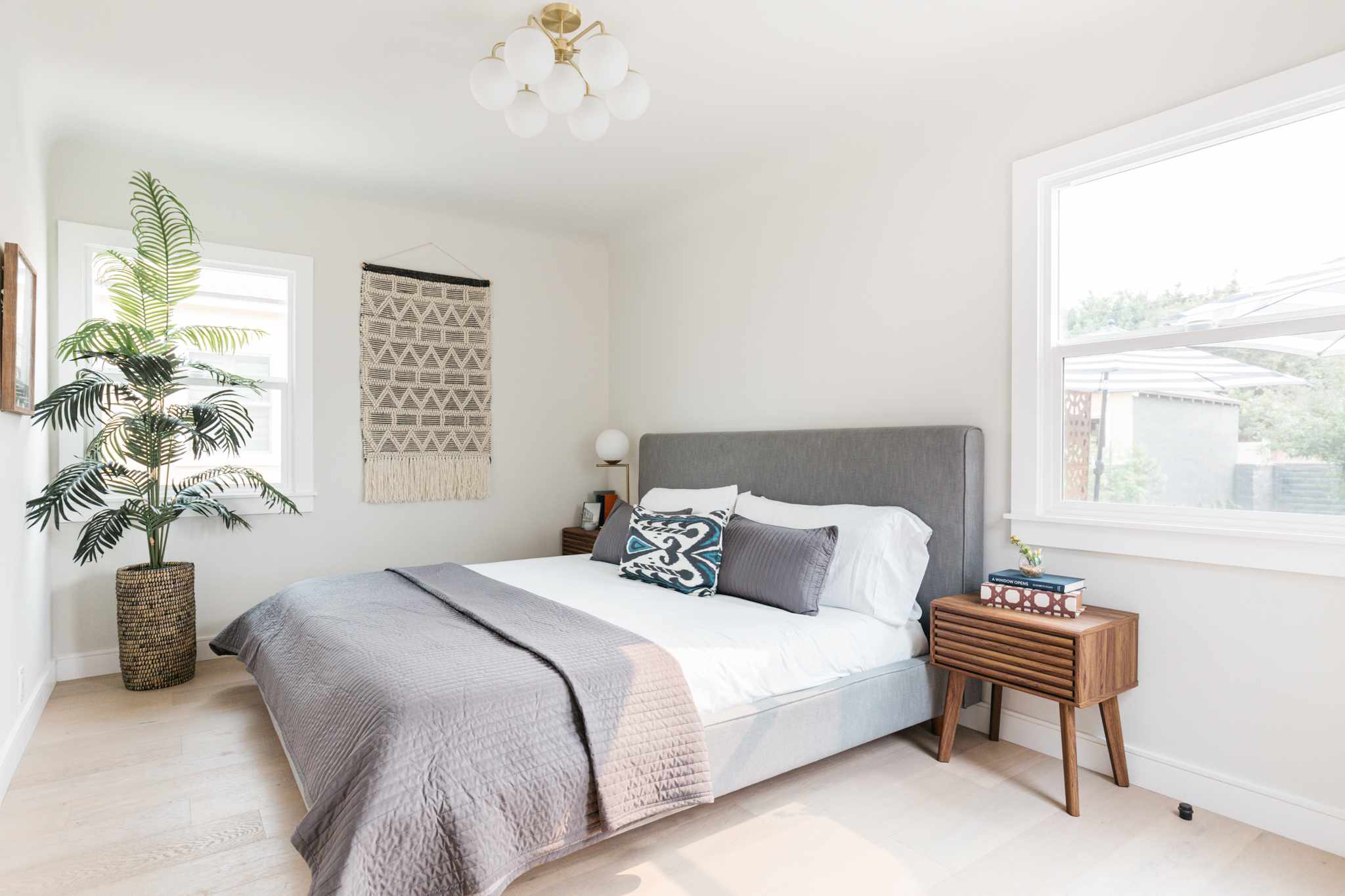

Interior Design
Where To Put A Guest Room For Feng Shui, According To Pros
Modified: January 6, 2024
Discover the optimal placement for a guest room in your home, based on Feng Shui principles. Enhance your interior design with expert advice from professionals.
(Many of the links in this article redirect to a specific reviewed product. Your purchase of these products through affiliate links helps to generate commission for Storables.com, at no extra cost. Learn more)
Where to Put a Guest Room for Feng Shui, According to Pros
Feng Shui, the ancient Chinese practice of creating harmony and balance in living spaces, can be applied to every room in your home, including the guest room. The location of your guest room can have a significant impact on the energy flow and atmosphere of your home. To help you create a welcoming and positive environment for your guests, here are some insights from Feng Shui experts on where to put a guest room for optimal energy flow.
Read more: Where To Put Mirrors According To Feng Shui
Ideal Locations for a Guest Room
According to Feng Shui principles, there are specific directions that are considered most auspicious for a guest room:
- East Facing Room: An east-facing guest room promotes good health and rejuvenation. It is believed to enhance the physical and mental well-being of the guests.
- South Facing Room: A south-facing guest room is associated with warmth, passion, and social interaction. It can create a lively and vibrant atmosphere for your guests.
- Northwest Facing Room: A guest room in the northwest of your home is said to attract helpful people and provide support to guests. This direction is associated with networking and connections.
Guest Room Placement Considerations
While the direction of the room is important, there are other factors to consider for optimal guest room placement:
- Avoiding the Center of the House: Ideally, the guest room should not be located in the center of the house as it is considered unstable energy and can affect the well-being of your guests.
- Separation from Master Bedroom: It is recommended to place the guest room separate from the master bedroom to ensure privacy for both hosts and guests.
- Privacy and Noise Control: Choose a location that provides privacy and minimizes noise disturbances. Avoid placing the guest room next to loud areas such as the kitchen or living room.
Guest Room Bed Positioning
The position of the bed in the guest room is crucial for promoting a restful and harmonious environment:
- Commanding Position: Position the bed in the guest room so that it has a clear view of the entrance but is not in direct line with the door. This allows your guests to feel more secure and in control.
- Avoidance of Harmful Elements: Ensure that the bed is not placed directly under beams, sloping ceilings, or sharp corners, as these can create negative energy and affect sleep quality.
- Space for Movement and Flow: Leave enough space around the bed for comfortable movement and a smooth flow of energy. Avoid clutter or furniture that obstructs the flow of energy in the room.
Arranging Furniture in the Guest Room
Besides the bed placement, the overall arrangement of furniture in the guest room can also contribute to a harmonious and welcoming space:
- Balancing Yin and Yang Energies: Create a balanced mix of soft and hard elements in the room. For example, pair a comfortable bed with a solid nightstand or a soft rug with a sturdy desk.
- Utilizing Appropriate Colors: Choose soothing colors for the guest room, such as neutral tones or soft pastels. Avoid overly stimulating colors that can disrupt sleep or relaxation.
- Incorporating Natural Elements: Introduce natural elements like plants or artwork depicting nature to bring a sense of calm and tranquility to the space.
Dealing with Challenging Guest Room Locations
If your guest room is in a challenging location, there are ways to mitigate the negative effects using Feng Shui principles:
- Guest Room Above Garage: Place a rug or a thick carpet in the guest room to act as an energetic buffer between the room and the garage below, preventing the flow of cold or negative energy.
- Guest Room Near Bathrooms: Use plants or partitions to create a visual separation between the guest room and the bathroom, reducing the potential negative energy caused by the drain pipes.
- Guest Room Facing Staircase: Hang a mirror on the wall opposite the staircase to redirect the flow of energy and create a sense of stability in the room.
Taking into account these Feng Shui tips for guest room placement and arrangement can help you create a warm and inviting space for your guests. Remember, the energy in your home can greatly impact the overall experience and well-being of your guests, so it’s worth considering these practices to enhance their stay.
Where to Put a Guest Room for Feng Shui, According to Pros
Feng Shui, the ancient Chinese practice of creating harmony and balance in living spaces, can be applied to every room in your home, including the guest room. When it comes to hosting guests, you want to ensure that they feel comfortable, relaxed, and welcome. The placement of the guest room plays a vital role in achieving this goal. By following the advice of Feng Shui experts, you can optimize the energy flow and create a harmonious environment for your guests.
When it comes to choosing the ideal location for your guest room, there are certain directions that Feng Shui experts recommend. An east-facing room is believed to promote good health and rejuvenation, making it an excellent choice for a guest room. A south-facing room, on the other hand, is associated with warmth, passion, and social interaction, creating a lively and vibrant atmosphere for your guests. Alternatively, a guest room in the northwest of your home is said to attract helpful people and provide support to guests, benefiting networking and connections.
While the direction of the guest room is important, there are other considerations to keep in mind. It is advisable to avoid placing the guest room in the center of the house, as this is believed to create unstable energy. Separating the guest room from the master bedroom ensures the privacy of both hosts and guests. Additionally, it is important to choose a location that provides privacy and minimizes noise disturbances. Placing the guest room away from loud areas, such as the kitchen or living room, will enhance the tranquility of the space.
In addition to the location of the guest room, the positioning of the bed within the room is crucial for promoting a restful and harmonious environment. Placing the bed in a commanding position, where it has a clear view of the entrance but is not directly in line with the door, can make your guests feel more secure and in control. It is also important to avoid placing the bed under beams, sloping ceilings, or sharp corners, as these can create negative energy and disrupt sleep. Leaving enough space around the bed for comfortable movement and a smooth flow of energy is also essential.
Where to Put a Guest Room for Feng Shui, According to Pros
1. Ideal Locations for a Guest Room
When it comes to creating a harmonious and welcoming guest room according to Feng Shui principles, there are specific directions that are considered most auspicious. Here are some ideal locations for a guest room:
- East Facing Room: An east-facing guest room is believed to promote good health, vitality, and rejuvenation. It is associated with the energy of the sunrise and the new beginnings of each day. This direction is considered particularly beneficial for guests who may be seeking healing or rejuvenation during their stay.
- South Facing Room: A south-facing guest room is associated with warmth, passion, and social interactions. The energy in a south-facing room is vibrant and lively, making it an ideal choice for guests who enjoy socializing or being in the center of activity. This direction can create a lively and energetic atmosphere for guests.
- Northwest Facing Room: A guest room placed in the northwest of your home is said to attract helpful people and provide support to guests. This direction is associated with networking, connections, and the energy of mentors. Guests staying in a northwest-facing room may receive valuable guidance and support during their stay.
By selecting one of these ideal directions for your guest room, you can create a space that enhances the energy flow and promotes positive experiences for your guests. Keep in mind that the exact placement and orientation within these directions may vary depending on the specific layout and energy map of your home.
Where to Put a Guest Room for Feng Shui, According to Pros
2. Guest Room Placement Considerations
When setting up a guest room for optimal Feng Shui, the placement of the room itself is just as important as its direction. Consider the following factors when determining the placement of your guest room:
- Avoiding the Center of the House: In Feng Shui, the center of the house is considered the heart of the home, symbolizing stability and balance. Placing the guest room in the center can disrupt this energy, affecting the well-being of both the guests and the overall energy flow of the house. It is best to avoid placing the guest room in the center and instead opt for a location closer to the edges or corners of the house.
- Separation from Master Bedroom: Ideally, the guest room should be separate from the master bedroom. This separation ensures privacy and allows the guests to have their own space and energy while staying in your home. It also prevents any potential disturbance or interference with the energy of the master bedroom, which is considered a sacred space for the homeowners.
- Privacy and Noise Control: When selecting a location for your guest room, consider the level of privacy and noise control it offers. Avoid placing the guest room next to high-traffic areas, such as the kitchen or living room, as it can create disturbances and affect the peaceful atmosphere in the room. Choose a location that provides privacy and minimizes noise disturbances for the comfort and relaxation of your guests.
By taking these placement considerations into account, you can ensure that your guest room is strategically positioned within your home to enhance the overall harmony and positive energy flow.
Where to Put a Guest Room for Feng Shui, According to Pros
3. Guest Room Bed Positioning
The positioning of the bed in your guest room is crucial for creating a harmonious and restful space. Consider the following factors when determining the placement of the bed:
- Commanding Position: Position the bed in the guest room so that it has a clear view of the entrance but is not directly in line with the door. This is known as the commanding position, allowing your guests to feel more secure and in control during their stay.
- Avoidance of Harmful Elements: Ensure that the bed is not placed directly under beams, sloping ceilings, or sharp corners. These features can create negative energy and disrupt the flow of Qi (vital energy). By avoiding these harmful elements, you create a more peaceful and conducive sleep environment for your guests.
- Space for Movement and Flow: Leave enough space around the bed for comfortable movement and a smooth flow of energy in the guest room. Avoid clutter or placing furniture too close to the bed, as it can hinder the flow of energy and create a cramped and stagnant atmosphere.
By considering these bed positioning principles, you can create an inviting and energetically balanced environment in your guest room, ensuring a restful and pleasant stay for your guests.
Where to Put a Guest Room for Feng Shui, According to Pros
4. Arranging Furniture in the Guest Room
When it comes to arranging furniture in your guest room for optimal Feng Shui, consider the following principles:
- Balancing Yin and Yang Energies: Create a balance between yin (passive) and yang (active) energies in the room. This can be achieved by combining soft and hard elements. For example, pair a comfortable bed with a solid nightstand, or incorporate soft bedding with a sturdy desk. Striking a balance between these complementary energies creates a harmonious and inviting space for your guests.
- Utilizing Appropriate Colors: Choose colors that promote relaxation and tranquility in the guest room. Soft and neutral tones, such as pastels or earthy tones, are ideal for creating a serene atmosphere. Avoid overly stimulating or vibrant colors that can disrupt sleep and relaxation. It’s important to create a soothing environment that promotes rest and rejuvenation.
- Incorporating Natural Elements: Bring the energy of nature into the guest room by incorporating natural elements. This can be achieved through the use of plants, flowers, or artwork depicting nature scenes. Natural elements help create a sense of calm and balance, connecting the guests to the nurturing energy of the Earth and promoting a harmonious environment.
By arranging your furniture in a way that balances yin and yang energies, utilizes appropriate colors, and incorporates natural elements, you can create a guest room that is visually appealing and energetically supportive of relaxation and rejuvenation.
Where to Put a Guest Room for Feng Shui, According to Pros
5. Dealing with Challenging Guest Room Locations
Sometimes, the layout of your home may present challenging locations for a guest room. However, with the principles of Feng Shui, you can mitigate the negative effects and create a balanced and harmonious space. Here are some tips for dealing with challenging guest room locations:
- Guest Room Above Garage: If your guest room is located above the garage, it is important to create a barrier between the room and the garage space. Place a thick rug or carpet on the floor to act as an energetic buffer, preventing cold or negative energy from seeping into the room. Additionally, make sure to insulate the ceiling properly to minimize noise and vibrations from the garage below.
- Guest Room Near Bathrooms: When your guest room is in close proximity to bathrooms, it is essential to create a visual and energetic separation. You can accomplish this by using partitions or plants to create a visual barrier between the guest room and the bathroom area. This helps to reduce any negative energy or drains from affecting the energy of the guest room.
- Guest Room Facing Staircase: If the guest room faces a staircase, it can cause disruption in the energy flow and create instability. To counter this, hang a mirror on the wall opposite the staircase. The mirror will redirect the flow of energy and create a sense of stability in the room. Additionally, make sure the area around the staircase is well-lit to enhance the positive energy in the space.
By implementing these adjustments, you can transform challenging guest room locations into spaces that promote balance, harmony, and positive energy flow.
Where to Put a Guest Room for Feng Shui, According to Pros
Conclusion
Creating a welcoming and harmonious environment for your guests involves more than just providing comfortable accommodations. By incorporating the principles of Feng Shui, you can optimize the energy flow in your guest room, enhancing their experience and promoting a sense of well-being.
When considering the ideal location for your guest room, take into account the direction that aligns with the specific energy you wish to invite. An east-facing room promotes good health and rejuvenation, while a south-facing room creates warmth and social interaction. A northwest-facing room attracts helpful people and support.
Placement considerations such as avoiding the center of the house, separating the guest room from the master bedroom, and ensuring privacy and noise control contribute to a more peaceful and comfortable environment for your guests.
The positioning of the bed and other furniture in the guest room plays a crucial role in promoting a harmonious atmosphere. Placing the bed in a commanding position, avoiding harmful elements, and allowing for free movement and energy flow contribute to a restful and balanced space.
In arranging the furniture, focus on balancing yin and yang energies, utilizing appropriate colors, and incorporating natural elements. This will create a soothing and aesthetically pleasing environment that promotes relaxation and rejuvenation.
Dealing with challenging guest room locations, such as above the garage, near bathrooms, or facing a staircase, can be addressed through simple adjustments. Adding barriers or partitions, insulation, and strategically placing mirrors can minimize negative energy and create a more stable and balanced space.
By implementing these Feng Shui principles, you can enhance the energy flow and create a harmonious guest room that fosters a positive and enjoyable experience for your guests. Remember, a well-placed and energetically balanced guest room not only benefits your guests but also contributes to the overall harmony and positive energy in your home.
Frequently Asked Questions about Where To Put A Guest Room For Feng Shui, According To Pros
Was this page helpful?
At Storables.com, we guarantee accurate and reliable information. Our content, validated by Expert Board Contributors, is crafted following stringent Editorial Policies. We're committed to providing you with well-researched, expert-backed insights for all your informational needs.
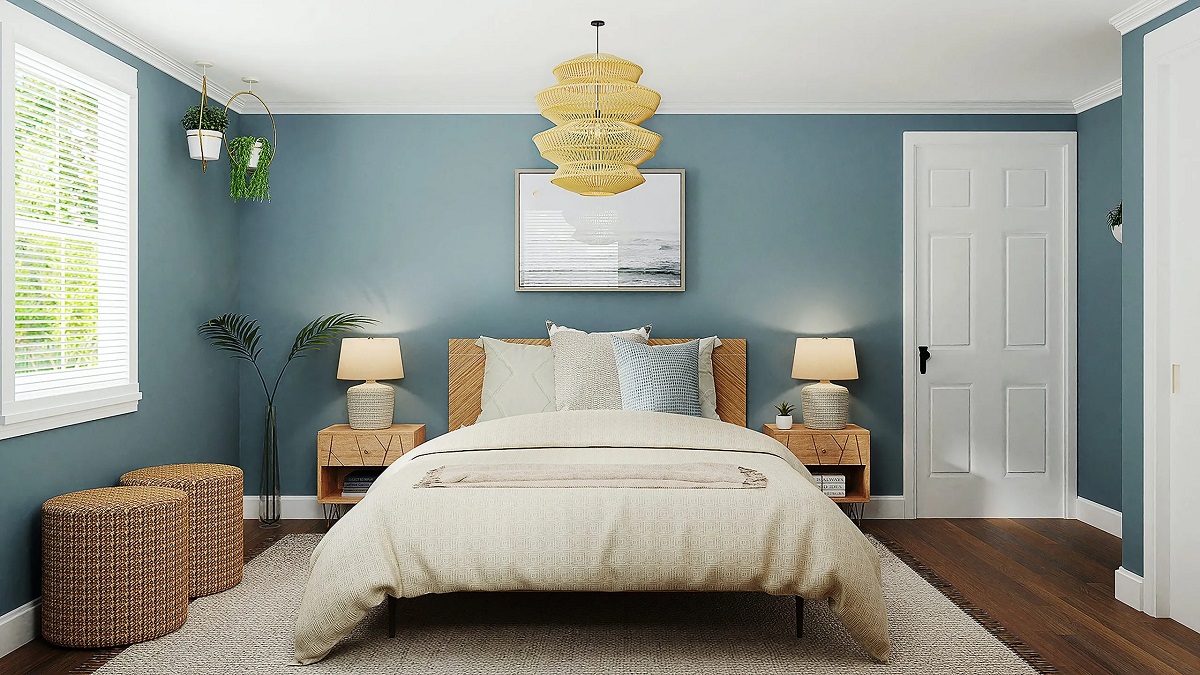
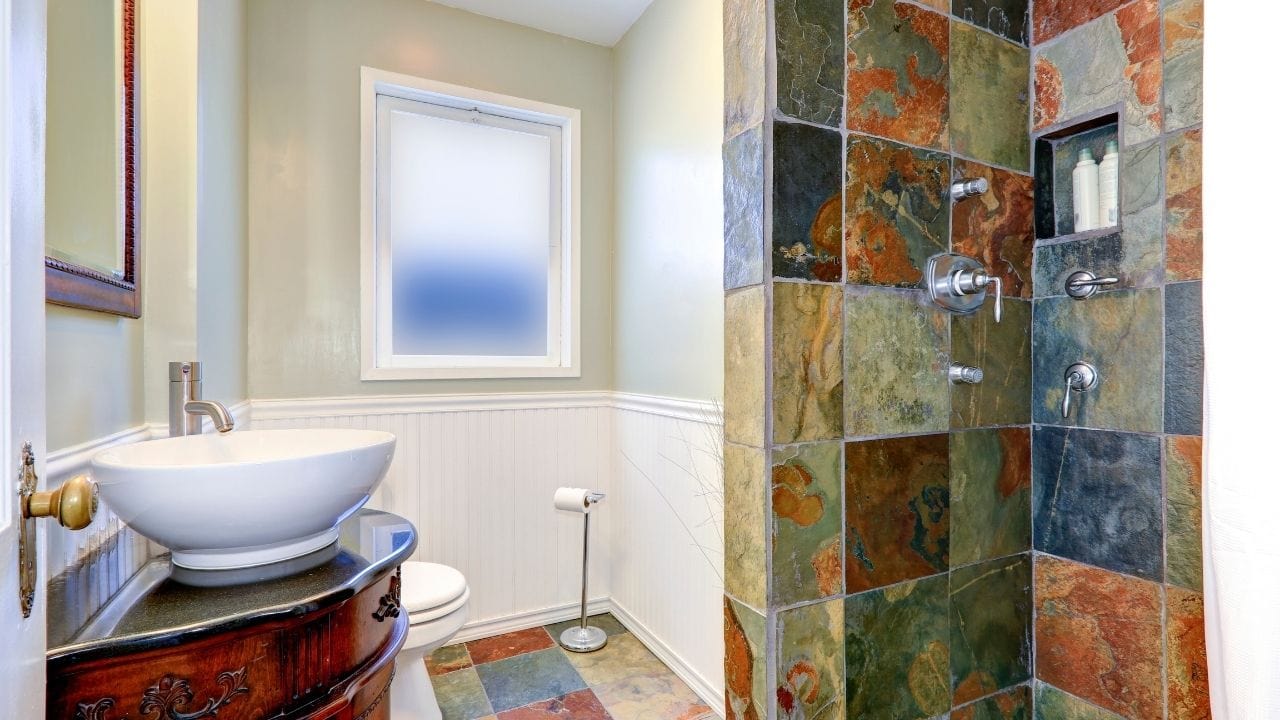
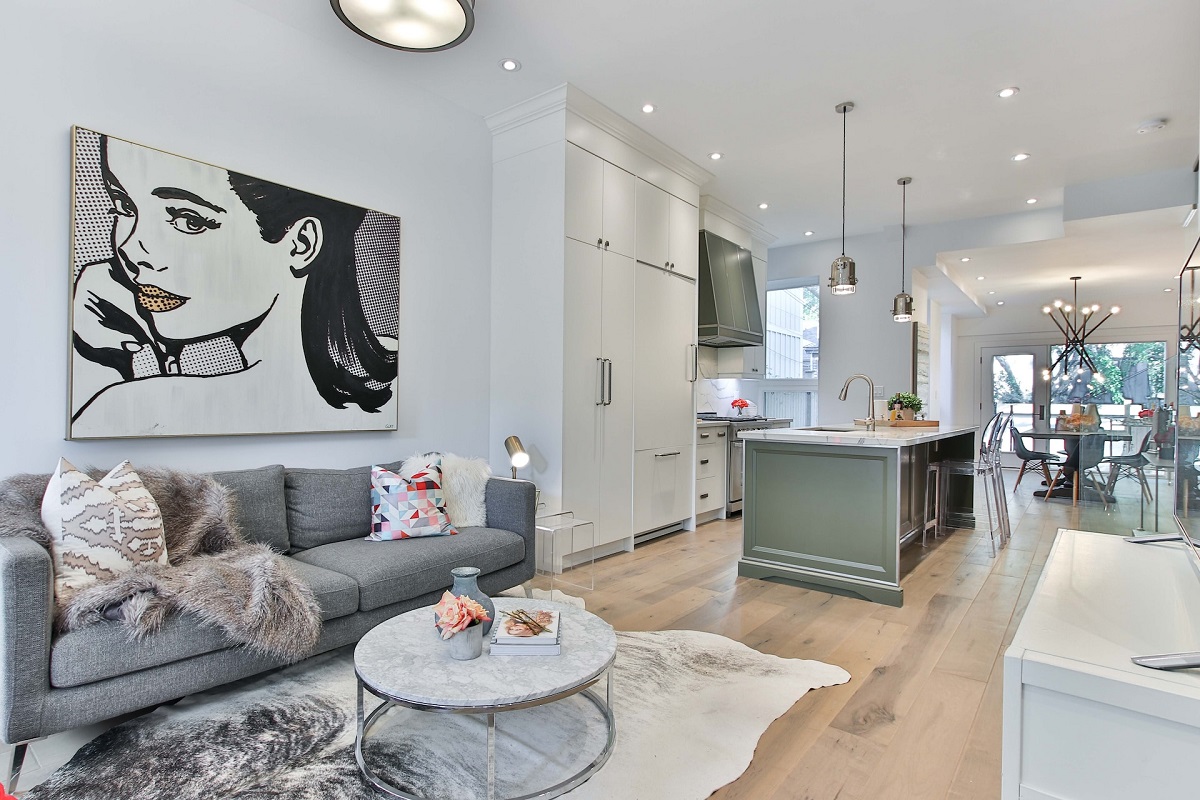
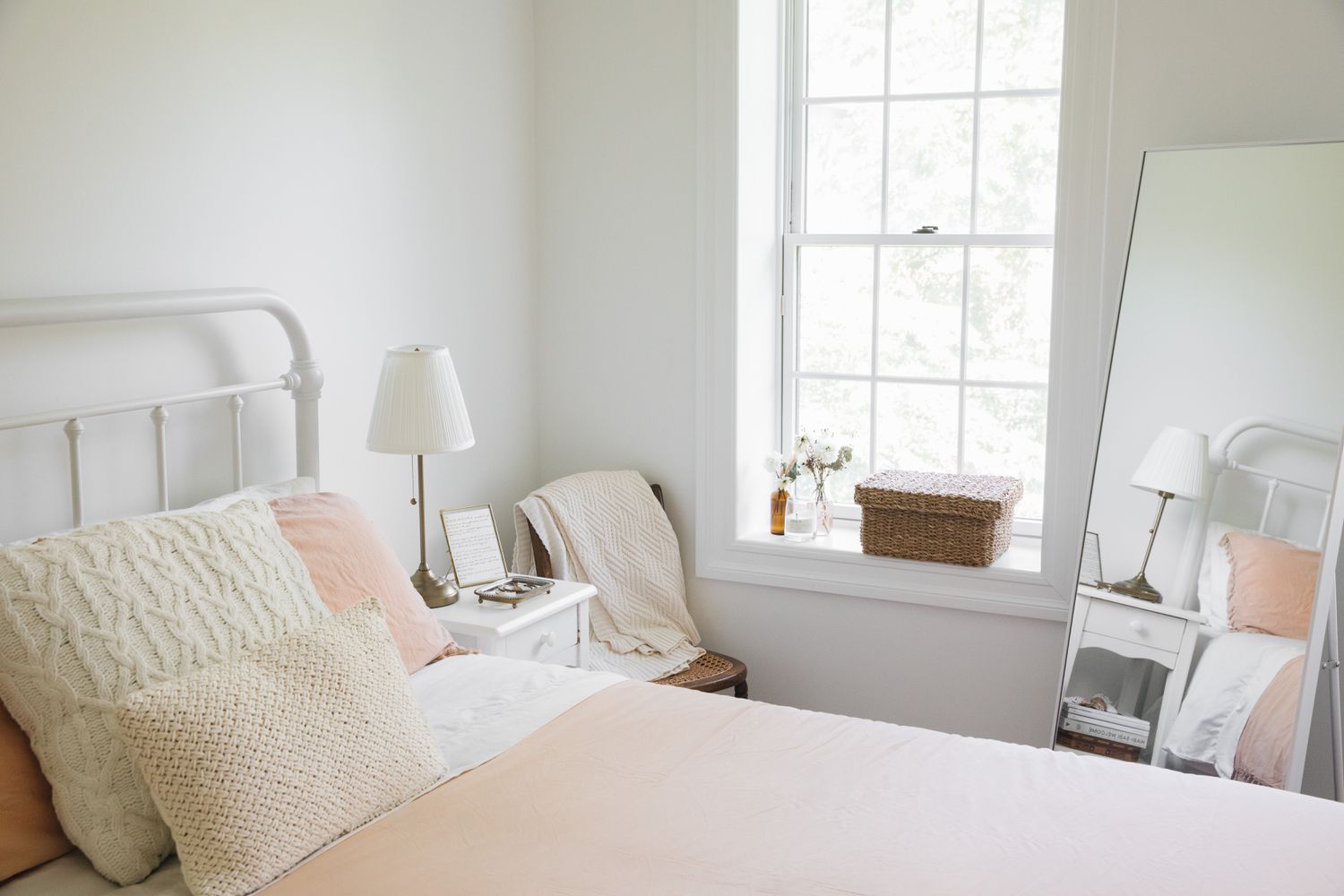
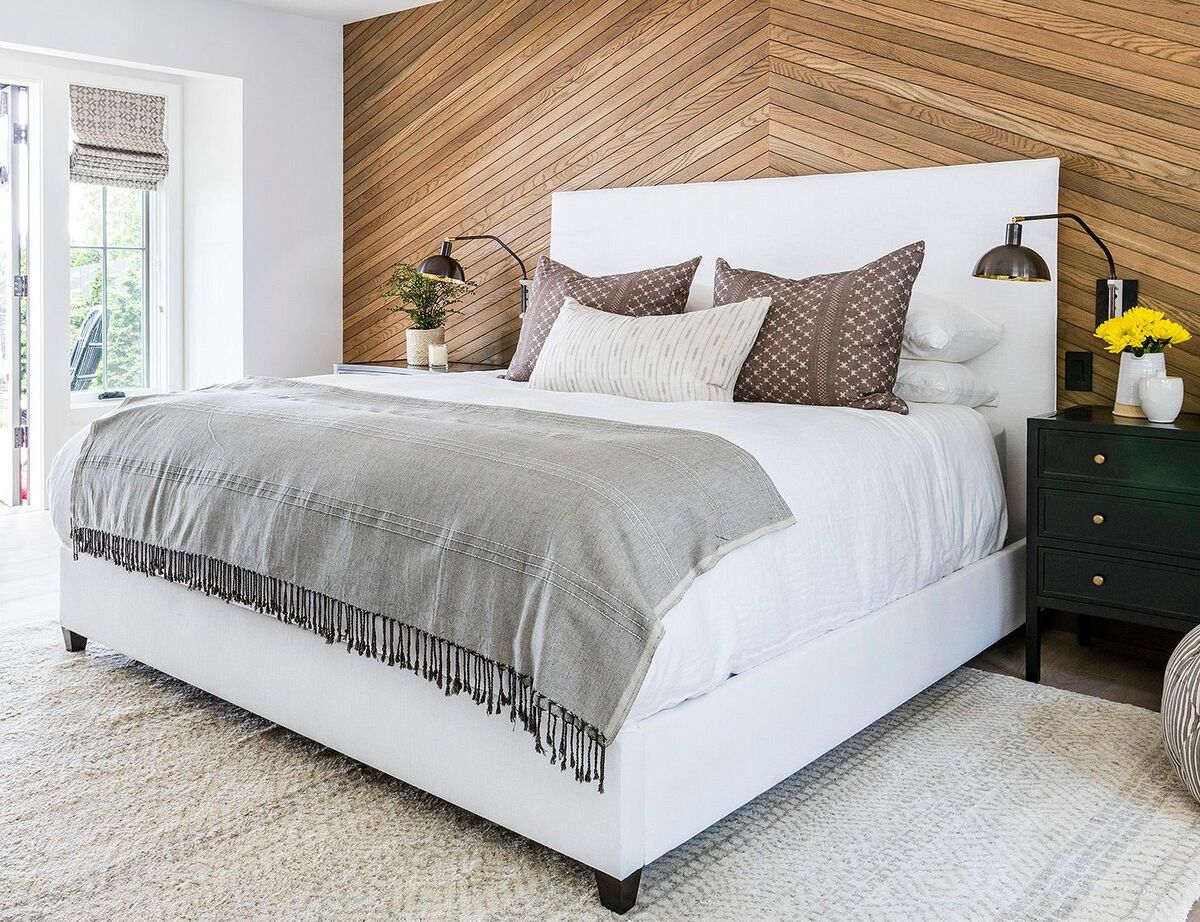
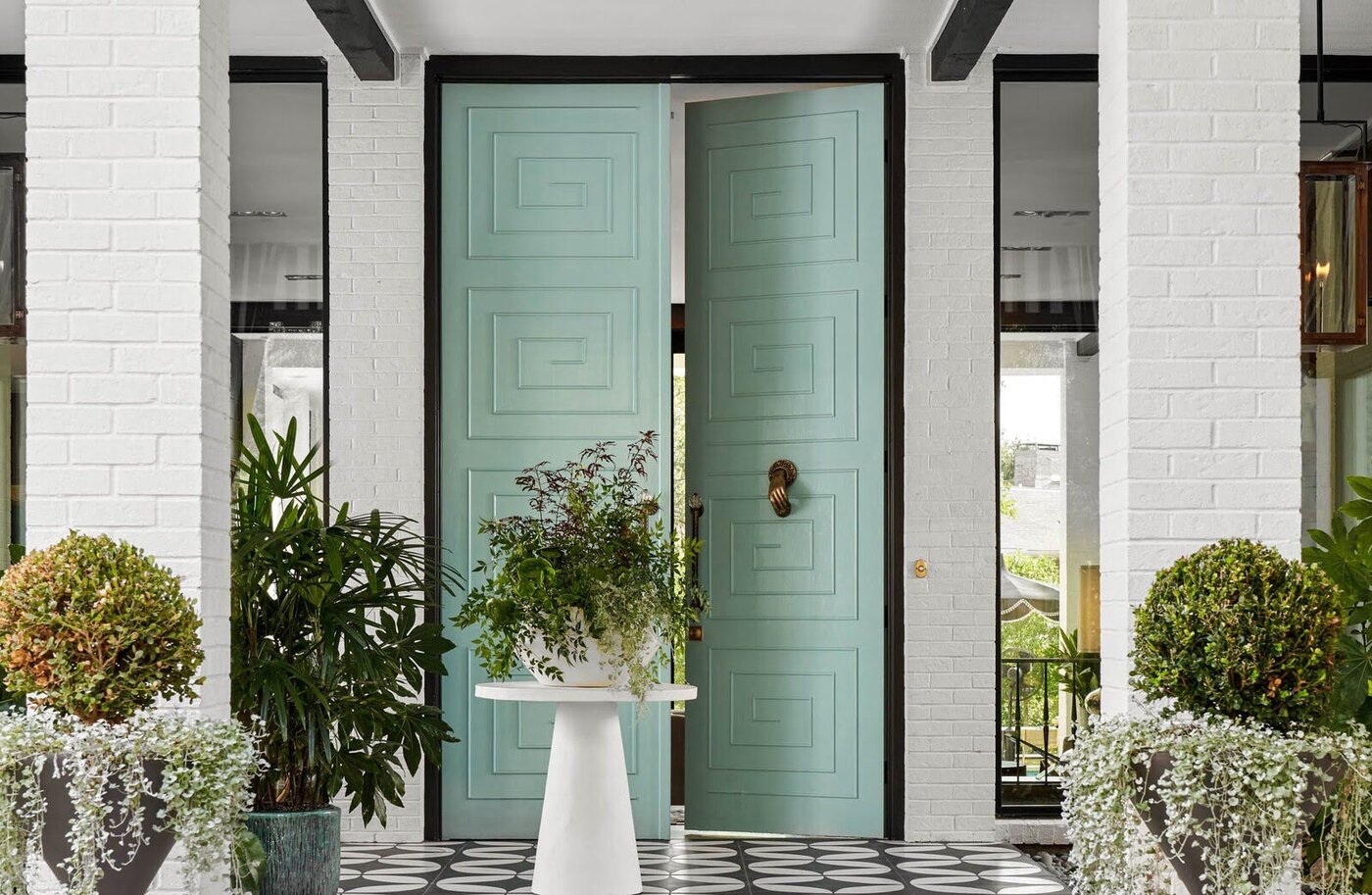


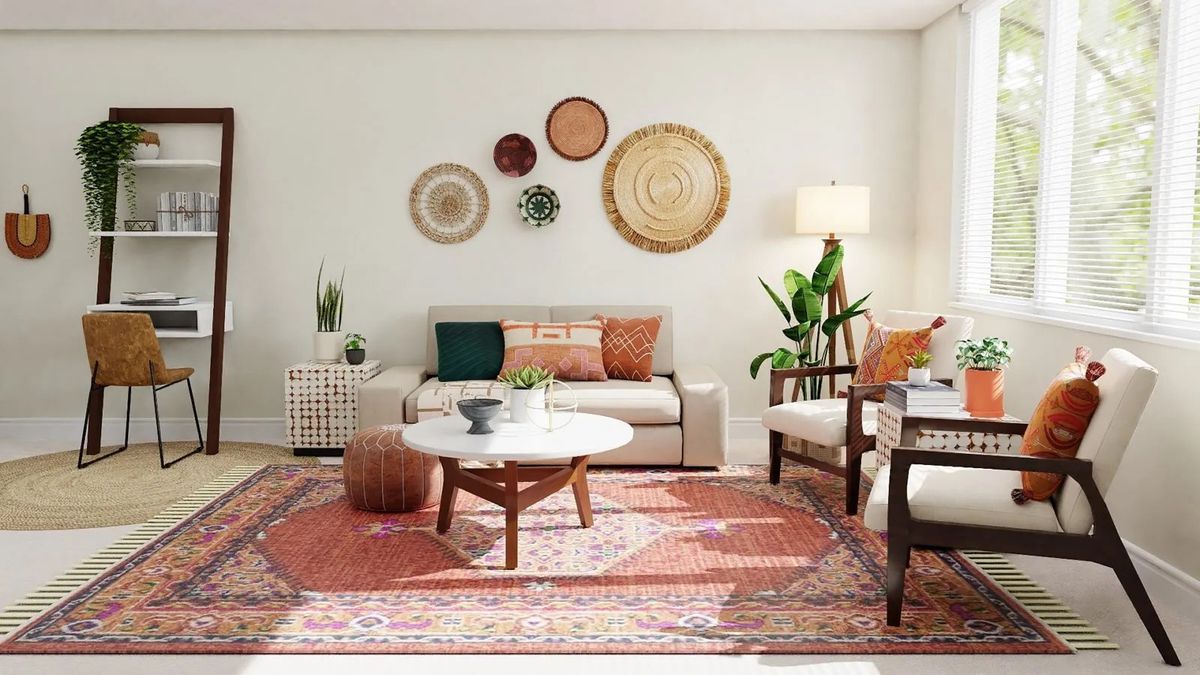
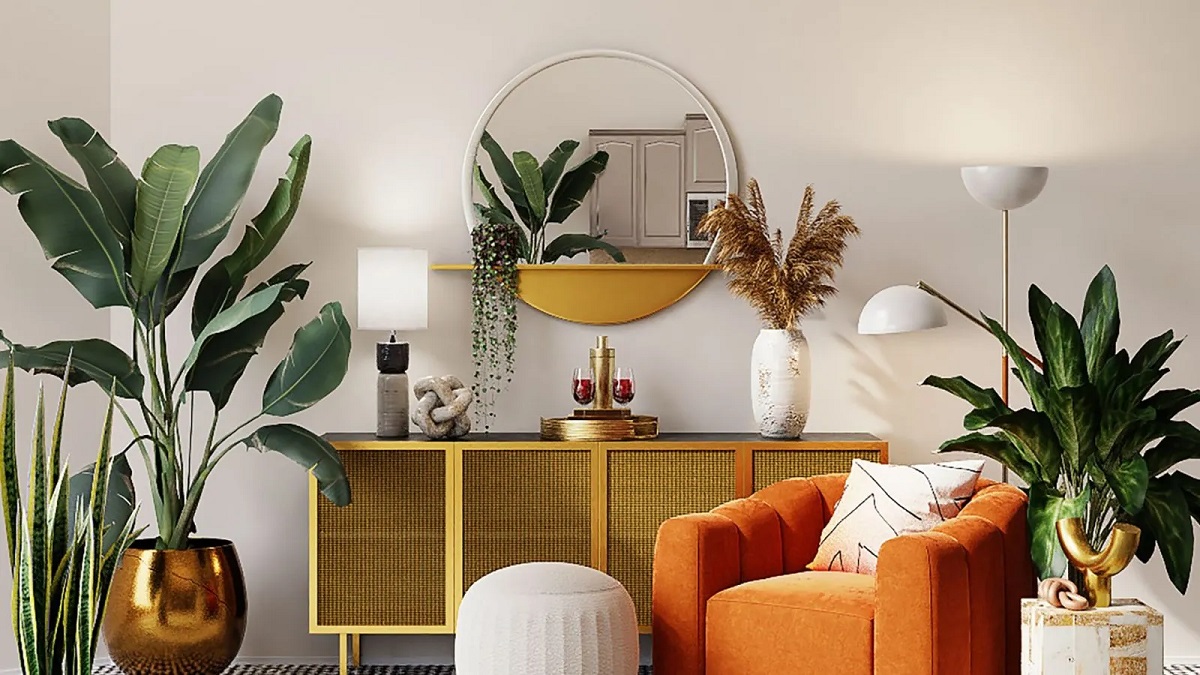
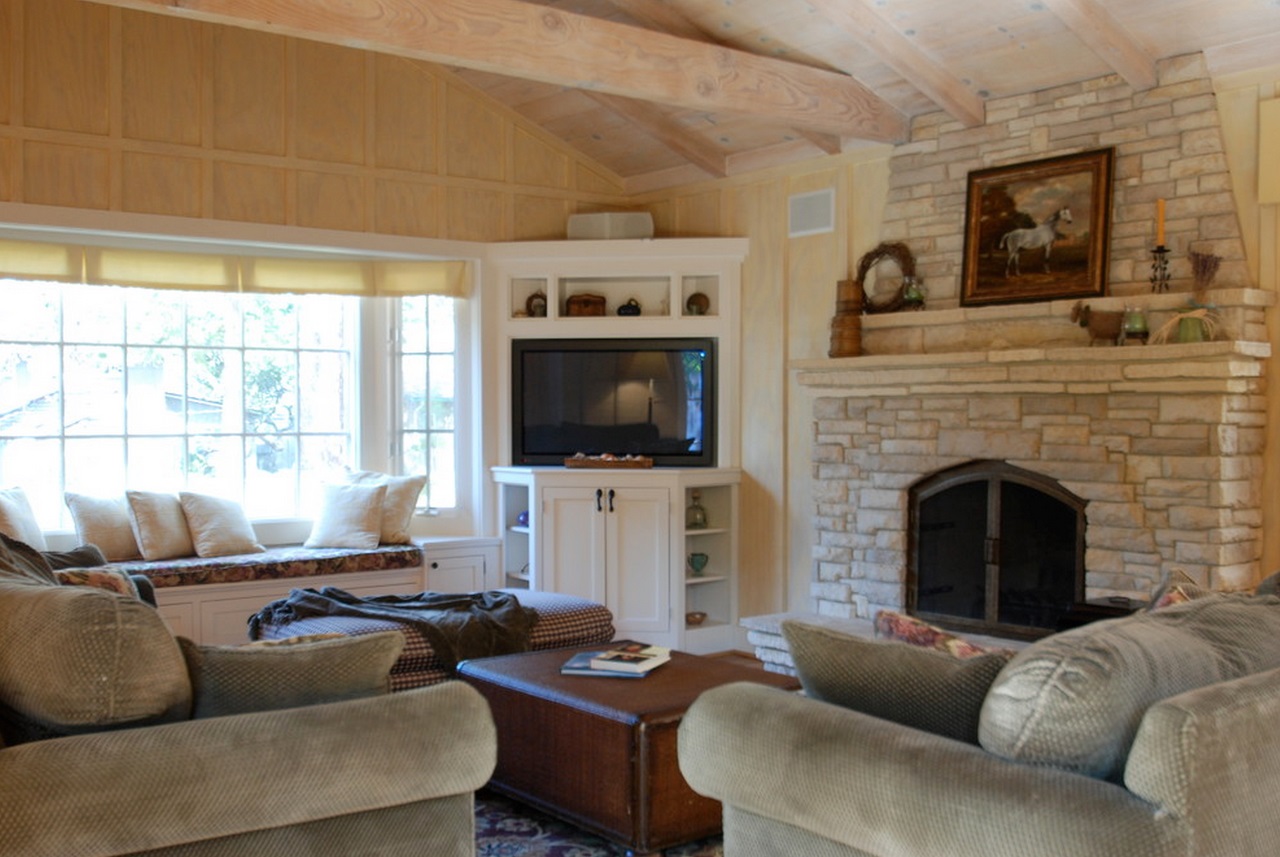

0 thoughts on “Where To Put A Guest Room For Feng Shui, According To Pros”